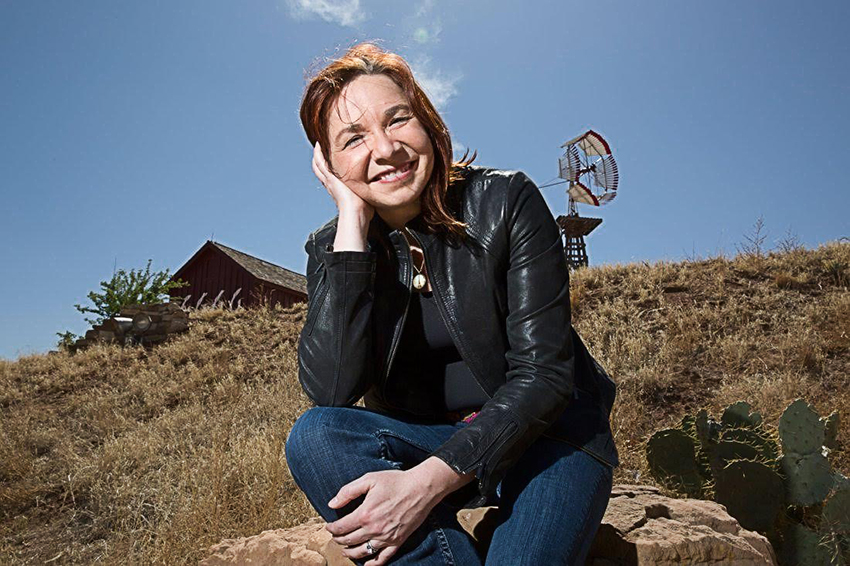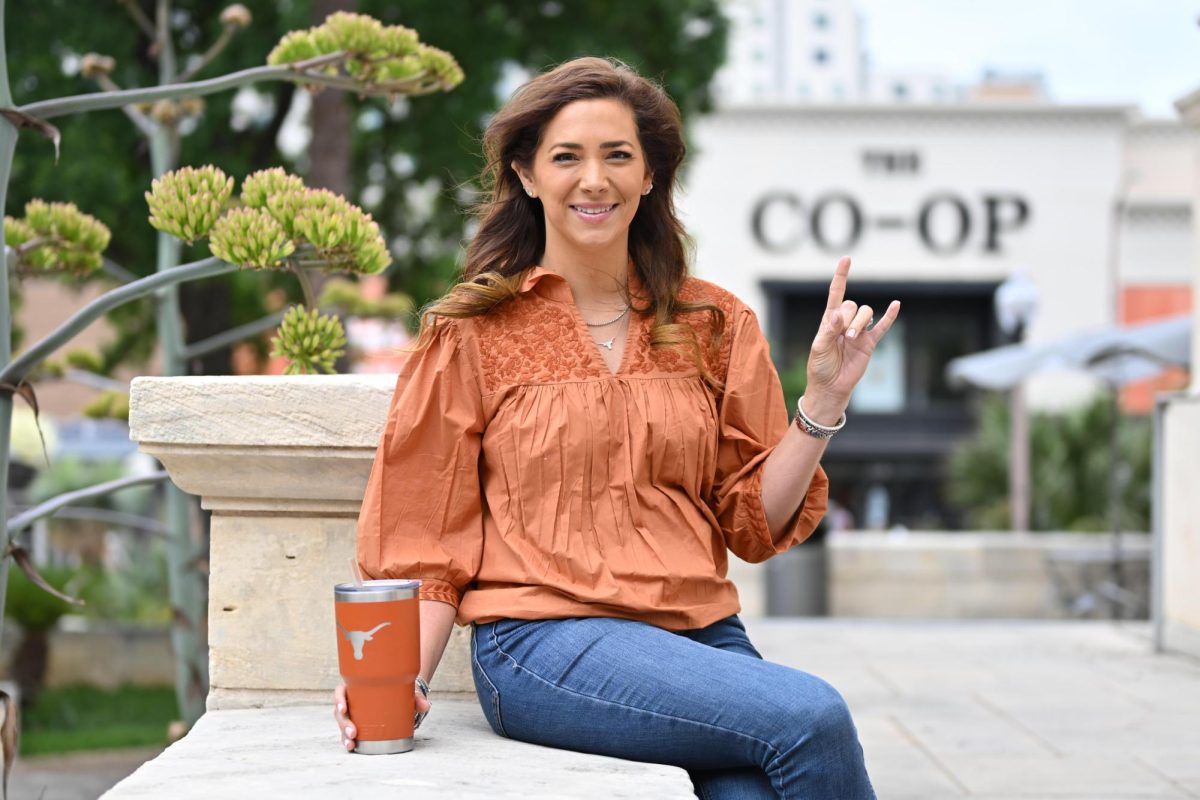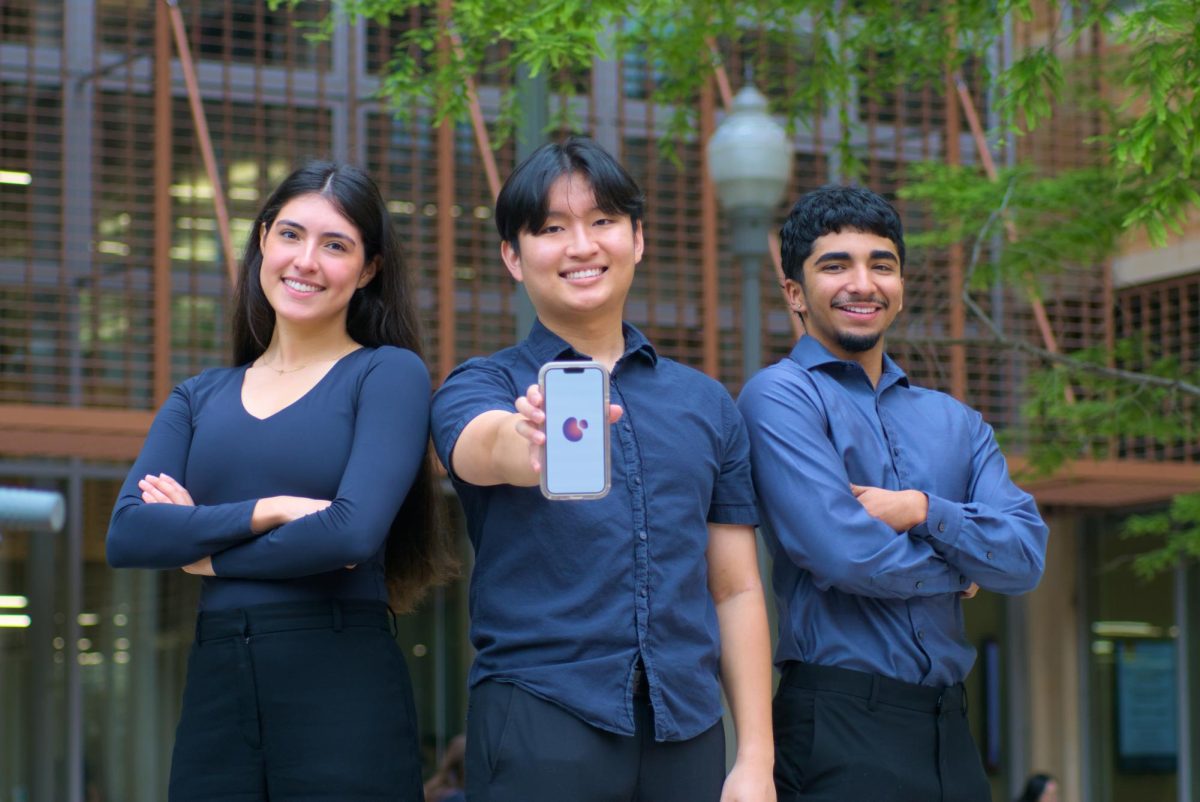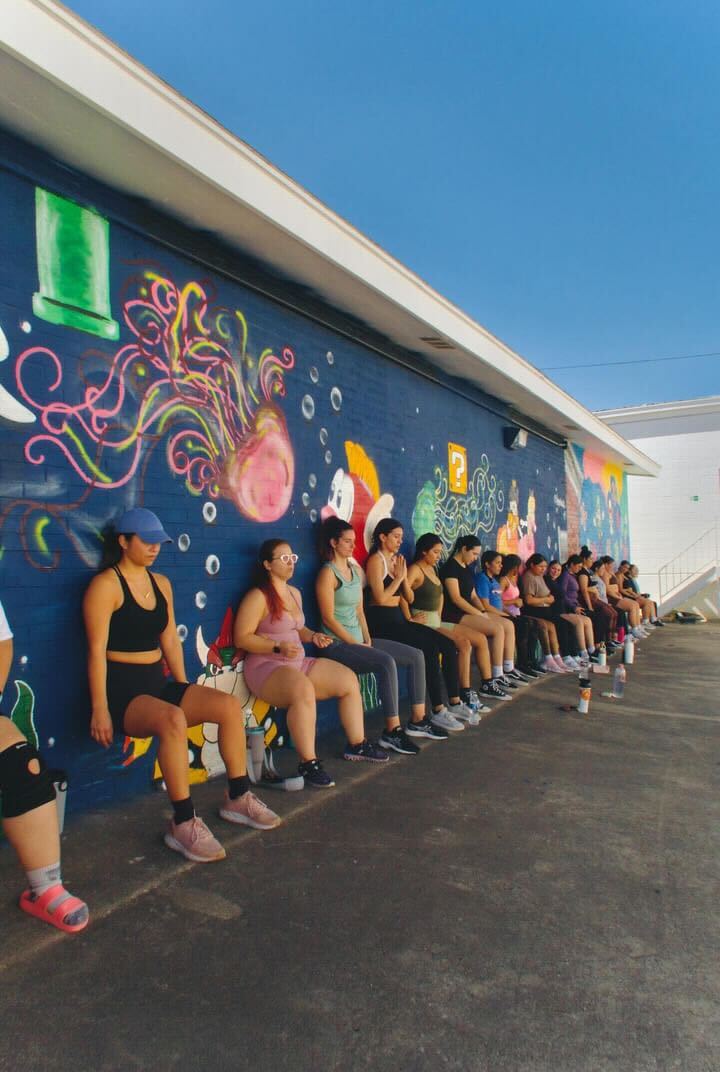Science and religion may have a long history of disagreement, but even Galileo would be shocked at the vehement opposition of some to climate science.
As a devout Christian, Katharine Hayhoe, a climate scientist and professor at Texas Tech University who was on the 2014 Time’s 100 Most Influential List, has a unique perspective on global warming. In a talk she’ll give Friday at Austin’s Paramount Theatre, Hayhoe will explain how scientists and people of faith have more in common than they think when it comes to the environment and will give a few tips about how the two groups can find common ground.
Hayhoe said most of the current anger directed at climate science from the Christian community is not because their beliefs are fundamentally different, but because their religious identity is so closely tied to conservative politics.
“It’s gotten to the point where the No. 1 predictor of what we think about climate change is simply where we fall on the political spectrum,” Hayhoe said.
According to Hayhoe, environmentalism has come to be associated with radical liberalism, therefore causing some conservative Christians to think believing in climate change goes against the faith-based values of their political party.
“Politics are part of who we are, so if we were to agree with a perspective that wasn’t consistent with who we are on the political spectrum, then it would have to change how we think about ourselves, and many of us are not prepared to do that,” Hayhoe said. “What I’ve learned is that explaining the science to someone who already disagrees with the science isn’t gonna fix the problem.”
Kenneth Young, a UT professor in the department of geography and the environment, said he’s noticed climate change skepticism is unique to the United States.
“I work mostly internationally, and the U.S. is the only place where I have to deal with this daily,” Young said. “It’s incredible how religion has become so politicized.”
Rev. Carolyn Helsel, an assistant professor of homiletics at the Austin Presbyterian Theological Seminary, said the easiest route for science and faith to reconcile must start with identifying the similarities in their teachings.
“There are plenty of Christians who are excellent scientists, and plenty of excellent scientists who are devout Christians,” Helsel said. “For both science and persons of faith, there’s a real desire to know truth and to search out truth. We may find it through different outlets, but I think ultimately we’re both using the gift that God has given to us to make this world a better place.”
Helsel hopes to use the lessons she’s learned during her time as a preacher to encourage skeptics to change their mind. She said taking small steps will be the best way to encourage people to prevent climate change.
“Talking about climate change can be very overwhelming for some people, and they kind of lose the stamina to be able to address it,” Helsel said. “We need to make these issues local, both so that people realize that making a difference isn’t so hard and so that people realize that these issues affect them and their communities personally.”
For those Christians who still wonder if they should care about the fate of the environment, Hayhoe says they should take a look at their Bibles.
“… To them, I would say, ‘Well, haven’t you read the first chapter of Genesis?’” Hayhoe said. “It says that humans have responsibility over every living thing on this planet.”















